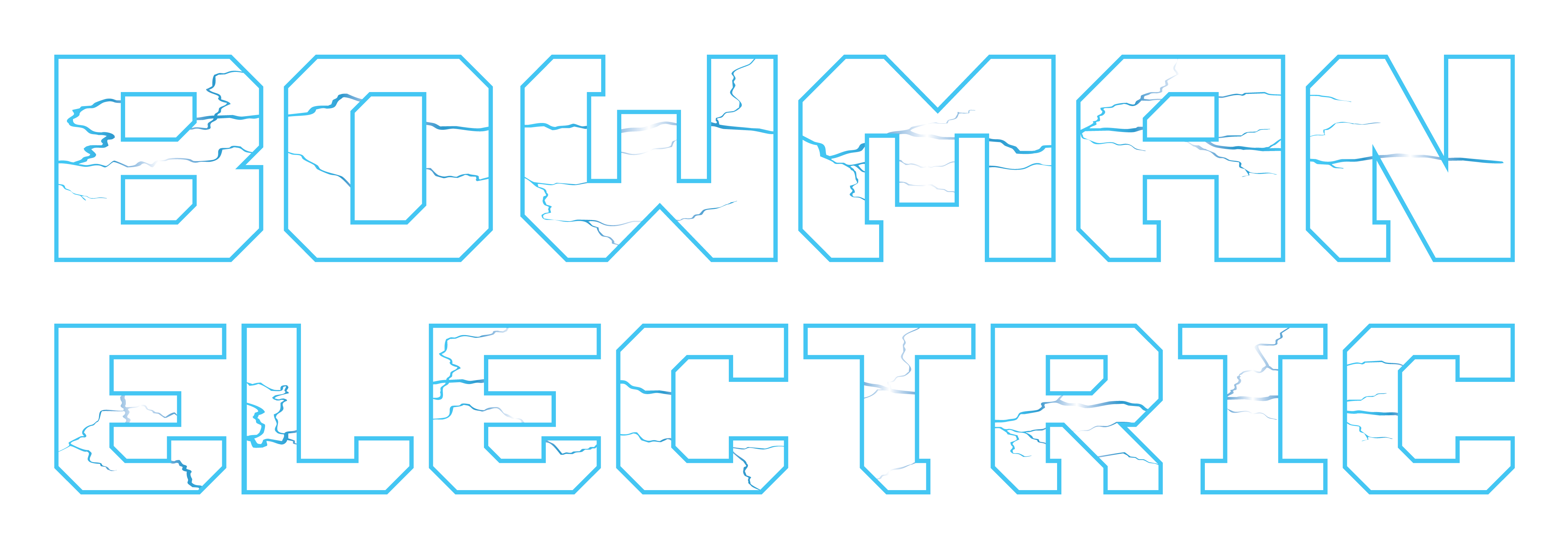Common Electrical Problems in Your House: Addressing Electrical Issues for a Safe & Functional Home
- Leanne Bowman
- Aug 15, 2023
- 3 min read

A properly functioning electrical system is the backbone of any modern home. From powering our appliances and devices to providing lighting and comfort, electricity plays an integral role in our daily lives. However, with great power comes great responsibility. Electrical problems can emerge over time due to various factors, potentially posing hazards to the safety of your home and family. In this article, we'll explore some common electrical problems that homeowners may encounter and discuss whether they are harmless quirks or hazardous issues that demand immediate attention.
1. Flickering Lights: Flickering lights can often be attributed to benign causes such as loose light bulbs or faulty switches. However, in some cases, they might indicate a more severe problem, such as loose wiring or an overloaded circuit. If the flickering is consistent or widespread, it's advisable to consult a professional electrician to diagnose and rectify the issue. Ignoring flickering lights could lead to more significant electrical problems down the road.
2. Tripped Circuit Breakers: Circuit breakers are designed to trip when they detect an overload or a short circuit, preventing potential electrical fires. Occasionally tripping due to momentarily high energy demands is normal. However, if a particular circuit trips repeatedly, it could be due to an underlying issue, such as a faulty appliance or inadequate wiring. Continuously resetting a tripped breaker without investigation could result in dangerous situations.
3. Hot Outlets or Switches: Warmth from an outlet or switch isn't uncommon, especially if the device being used generates heat. However, if an outlet or switch feels excessively hot to the touch, it could be indicative of an electrical problem. Overheating could be caused by loose connections, faulty wiring, or overloading. Such issues should be addressed promptly to prevent electrical fires or damage to your devices.
4. Burning Odors: If you detect a burning smell emanating from an outlet, switch, or electrical panel, immediately turn off the power to that area and contact an electrician. This could be a sign of overheating or a potential fire hazard. Ignoring burning odors is extremely risky, as electrical fires can spread rapidly and cause significant damage.
5. Dead Outlets or Switches: If an outlet or switch suddenly stops working, it might be due to a blown fuse, tripped circuit breaker, or a loose connection. While it might be tempting to troubleshoot this issue on your own, it's advisable to consult a professional electrician. Incorrect DIY attempts could result in more severe problems or even electrical shock.
6. Dimming Lights: Dimming lights, especially when appliances like air conditioners or refrigerators turn on, can be caused by voltage fluctuations. While minor voltage dips might not pose an immediate danger, consistent and severe fluctuations could damage sensitive electronics and impact the lifespan of your devices. Consult an electrician to assess the stability of your home's voltage supply.
7. Buzzing Sounds: A faint buzzing sound near switches or outlets can sometimes be attributed to harmless vibrations caused by nearby appliances or wiring. However, if the buzzing sound is persistent, intense, or accompanied by flickering lights, it could be a sign of loose connections or faulty wiring. Left unattended, these issues could escalate into hazardous situations.
In conclusion, while some electrical problems may appear harmless at first, it's essential to treat them with caution and address them promptly. Electrical issues can often indicate underlying problems that, if left unattended, could escalate into hazardous situations, potentially jeopardizing the safety of your home and family. Regular maintenance, prompt professional intervention, and a proactive approach to addressing electrical concerns are crucial for maintaining a safe and functional living environment. When in doubt, it's always a wise choice to consult a licensed electrician, like us here at Bowman Electric, to ensure the well-being of your home's electrical system.




